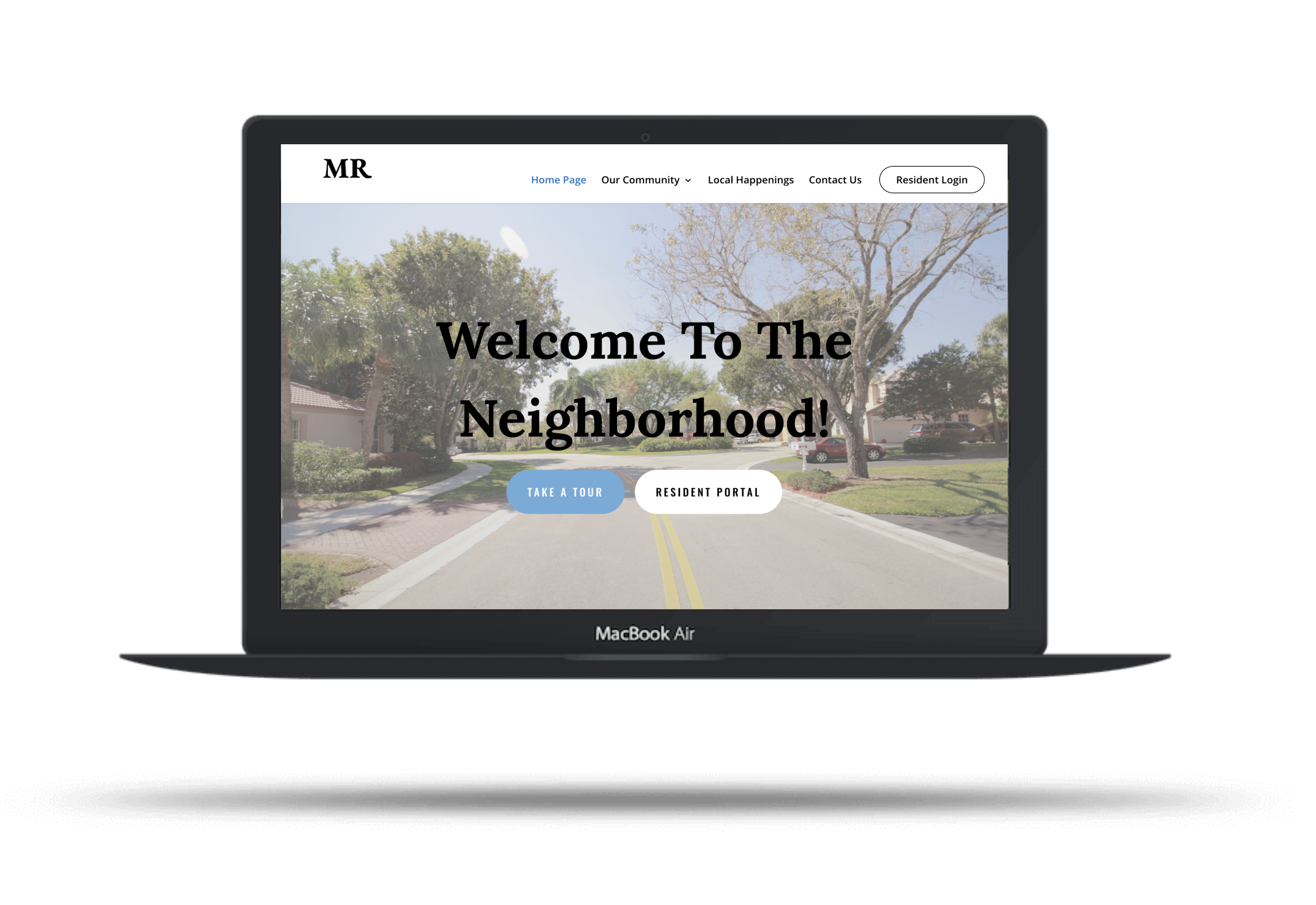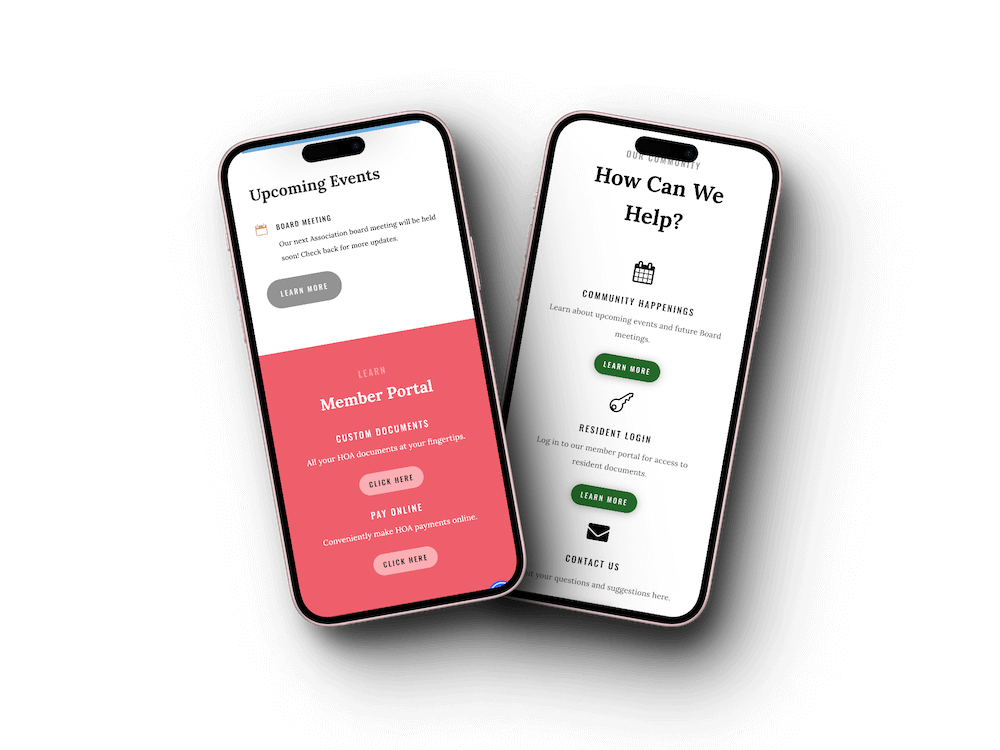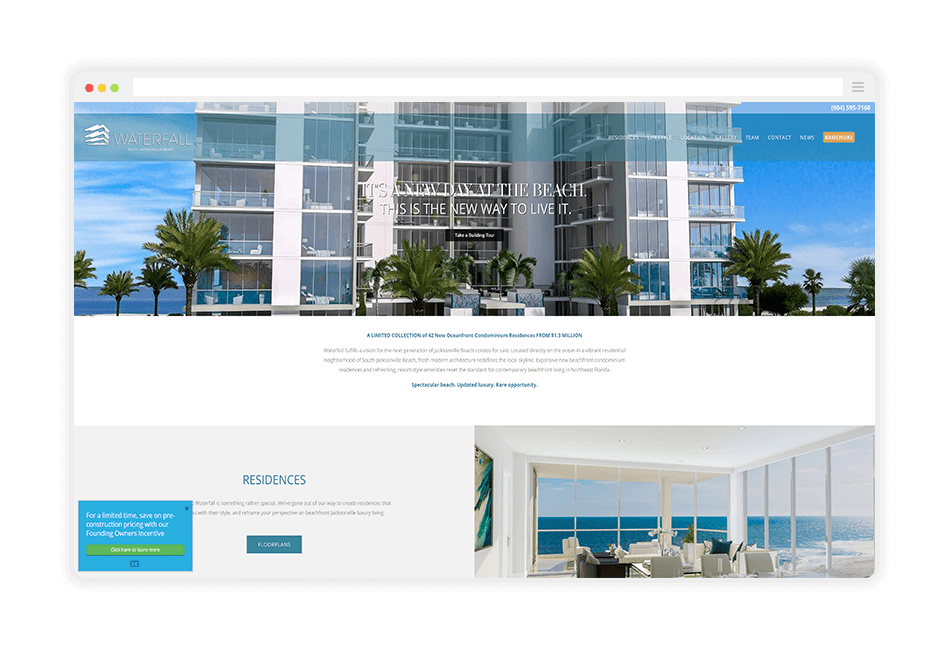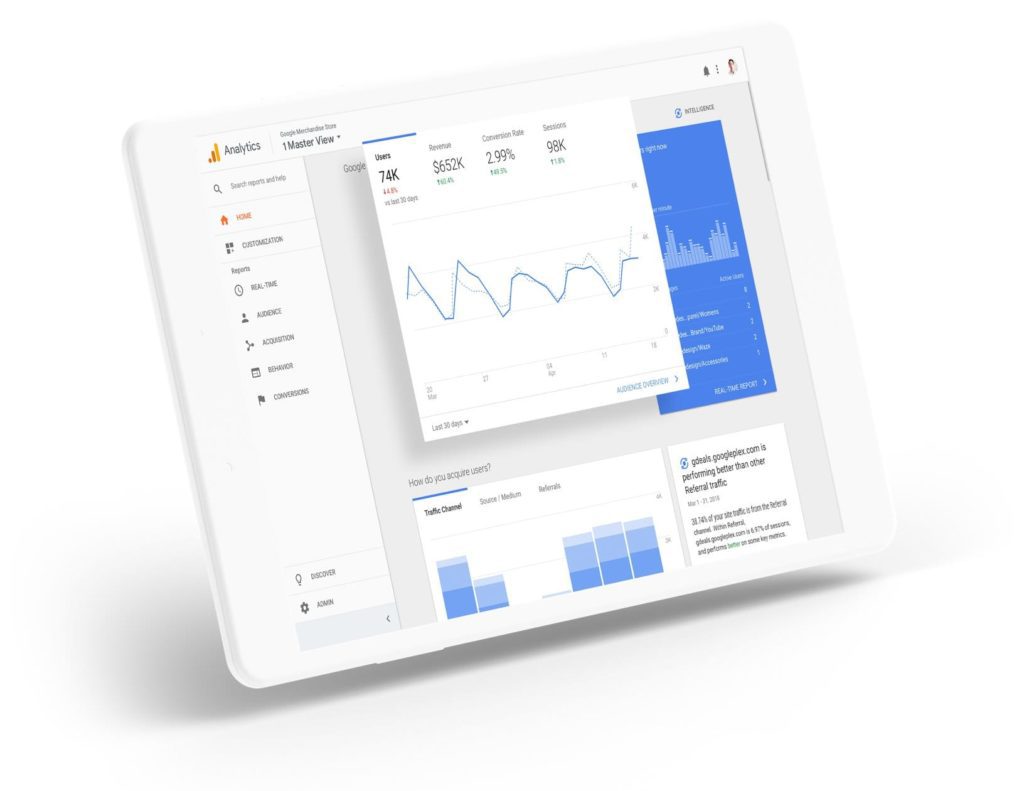Understanding The New Florida Condo & HOA Website Law
(New Update As Of: Tuesday, July 2nd, 2024)
The 2024 modification to Florida Law 720 (Senate Bill 1203) received unanimous approval. This amendment mandates that any Community Association comprising 100 Residential Units or more must establish a website by the 1st of January, 2025. These Associations are obligated to publish digital copies of their official documentation on their Community Websites.
Florida HOA Website Requirements: “Provision Of Homeowners’ Association Rules and Covenants: Requires association to provide copies of association’s rules & covenants to every member before specified date, & every new member thereafter; requires the Association to provide members with copy of updated rules & covenants; authorizes association to adopt rules relating to standards & manner in which such copies are distributed; authorizes association to post complete copy of association’s rules & covenants, or direct link thereto, on homepage of association’s website; requires association to provide specified notice to its members.
To more thoroughly understand all of the details, the link here can take you directly to the entire, comprehensive breakdown: HB 59 – Provision Of Homeowners’ Association Rules and Covenants
Since 2016, PropertyPop Community Websites has been partnering with Florida Condos and HOAs to provide easy-to-use, modern, legally compliant Association Websites.
The Community Websites we develop are fully compatible with both the original and latest updates regarding State Statutes 718 and 720 (a.k.a. Florida’s Condominium Act).
If you are a Florida Association Board Member or Property Manager with questions about this and the impact to your Community Association, we’d be happy to chat with you about establishing a Community Website for your Association that is compliant with all state statutes. PropertyPop can work with your Association to implement a new community website that is fully compliant with the law.
Looking for an easy-to-digest breakdown of the Condo Website Requirements as of 2024? The system, files, and feature requirements for Florida Condo Websites? We’ve created a Fact Sheet with everything you need. Click Here
Florida Condo Law Content Requirements:
- Association’s governing documents (declaration, bylaws, articles of incorporation)
- Rules and regulations
- Management or other contracts or documents related to the operation of the association
- Annual budget and financial reports
- Summaries of bids for materials, equipment, or services exceeding $500
- Board meeting notices and agendas
- Approved meeting minutes
Website Requirement:
- Must maintain a website or web portal accessible to all association members
Access:
- The website must be accessible through the internet
- A protected section of the website must be accessible only to owners with a login and password
(Update As Of: Thursday, August 24th, 2023)
Florida Law 720 (Senate Bill 1203) is a piece of legislation that aims to provide greater transparency, accountability, and protections for residents living in communities governed by HOAs and Condominium Associations. Here are some key provisions of the law:
The law requires Homeowners’ Associations to increase transparency by mandating the following:
Community Association Managers and Management Firms must meet certain specified requirements.
Homeowners’ Associations must make key documents readily available to residents, either by posting them on the Association’s Website or providing access through a dedicated online portal, by a set deadline.
The key points are that the law aims to regulate HOAs to proactively provide easy access to important documents for residents, via a dedicated Association Website. This measure enhances transparency and accessibility of information for homeowners.
The overall aim of Florida Law 720 is to promote greater transparency, accountability, and fairness in the governance of HOAs and Condominium Associations’ website law in 2024 and beyond, while also providing residents with more rights and protections.
It’s important to note that the 2024 law applies specifically to HOAs and Condominium Associations in Florida and may not necessarily reflect the laws or regulations governing these associations in other states.
(Update As Of: Wednesday, September 19th, 2018)
As of January 1, 2019, the new Florida Condo Website law requires all Condominiums to operate an independent website for their community Association and residents.
Florida condo website requirements refer to the set of rules and regulations that govern the creation and maintenance of websites for condominiums in the state of Florida. This is similar to the property law the State of Texas recently passed regarding HOA Websites.
These requirements are put in place to ensure that condo websites provide accurate and up-to-date information to residents and potential buyers.
Some of the common requirements include:
- Providing contact information for the Association
- Displaying important documents such as bylaws and financial statements
- Maintaining a user-friendly interface
Additionally, Florida condo websites may also need to comply with accessibility standards to ensure that individuals with disabilities can access the information on the site.
By adhering to these requirements, condo websites can effectively serve as a valuable resource for both residents and prospective buyers in Florida.
Florida Condo Association Website specifics
Florida Condo Website Requirements
- The association’s website must be accessible through the Internet
- The association’s website must contain a private and protected subpage or portal accessible only to residents, unit owners, and employees and inaccessible to the general public
- The association’s website must include digital copies of governing documents
- The association’s website must include lists of contracts, documents, open bids, and other executive documents. Budgets and financial documents are also required to be digitally accessible via a private webpage or portal.
- The association’s website must include information on the Board of Directors, Board meeting notices, and agendas.
An exhaustive list of required documentation and website features can be found on the Florida State Senate website. (Scroll down to point 194, starts at line: (g)1.)
Common Challenges in Meeting Florida Condo Website Requirements
Technical Implementation
The technical implementation of the Florida Condominium Law Website Requirement involves the development and deployment of a robust and user-friendly online platform.
- The condo website platform should be designed to meet the specific needs of condo associations in Florida, including features such as online payment processing, document management, and communication tools.
- The website should be built using modern web technologies and follow industry best practices to ensure scalability, security, and performance.
- Additionally, the website should be accessible on different devices and browsers to accommodate the diverse range of users.
Overall, a successful technical implementation will enable condo associations to effectively manage their operations and provide a seamless experience for residents and stakeholders.
Content Management
Content management refers to the process of organizing, creating, and managing the content on a website.
In the context of Florida condo websites, content management involves ensuring that the website meets the specific requirements set forth by the state.
This includes providing information about the condo association, its rules and regulations, amenities, and any other relevant details.
Effective content management is essential for a Florida condo website to provide accurate and up-to-date information to residents, potential buyers, and other stakeholders.
It also helps in maintaining a professional and user-friendly online presence for the condo association.
Maintenance and Updates
Maintenance and updates are essential for any Florida condo website to ensure its smooth functioning and user satisfaction.
Regular maintenance includes tasks such as checking for broken links, updating content, and ensuring that all features and functionalities are working properly.
It is important to stay up-to-date with the latest technology trends and security measures to protect the website from potential threats.
Additionally, regular updates should be made to keep the website fresh and engaging for users. This can involve adding new features, improving user experience, and incorporating feedback from residents and visitors.
By prioritizing maintenance and updates, Florida condo websites can provide a seamless online experience for residents and attract potential buyers or renters.
As of January 1, 2019, Florida Condominium Associations are required by law to have a website.
If your Florida Association does not own and operate a private website, from a legal standpoint, now is the time.
The website should meet the stipulations addressed in the new Florida condo law, outlined above.
If you need help or have questions, we’re here to help.
Let us help you build a condo website that meets all necessary legal requirements, and serves your community.
Understanding The New Florida Condo Law
On January 1, 2019, new laws regarding Florida condominium Associations and other residential Associations, took effect.
The new Florida condo laws stipulate that condominium associations are required to own and operate an independent HOA Website for their community Association and residents.
Here we’ve answered some general questions about the new Florida condo laws.
We’ll explain who the laws apply to, how this affects your HOA or Board, and details of what to include on your property Association website.
Who needs to comply with Florida condo website requirements? Who does the new Florida Condo law affect?
As with all legal documentation, the laws can be ambiguous and vague.
This new ‘Florida Condo Association,’ law is no exception. The law, as written, does not formally express which Associations are excluded, claiming more generally that,
“Each association shall designate on its website.” Thereby, cleverly imposing the law upon any residential community with an Association.
Our suggestion?
Go ahead and build your condo website.
It is better to be safe than sorry.
If you live in a condominium or residential neighborhood in Florida, even if it’s an HOA, a website is a great tool to have for residents and the Board anyway.
Even if it is not strictly applicable in the 2019 law, it very likely will be soon.
How does this affect my Florida condo Association or HOA?
In a general sense, this should be a wake-up call to your Florida Condo Association to begin transitioning to technology-based platforms.
The Board must take into consideration the uses of the website as stipulated by the law to ensure it is compliant.
This may mean updating an existing condominium website or starting from scratch.
The law states that the Florida Association should run “an independent website or web portal wholly owned and operated by the association; or A website or web portal operated by a third-party provider with whom the association owns, leases, rents, or otherwise obtains the right to operate a web page, subpage, web portal, or collection of subpages or web portals dedicated to the association’s activities and on which required notices, records, and documents may be posted by the association.”
Inasmuch, the website can be run by the Association OR a third-party agency, but must be private and include various private and public subpages. Your Florida condo Association or HOA must own, operate, and maintain a website.
Florida Condo Website Law: Compliance
Compliance with the Florida condo website requirements is of utmost importance for condo associations.
By ensuring that the website meets all the necessary criteria set by the state, condo associations can avoid potential legal issues and penalties.
Additionally, a compliant website provides transparency and accessibility to residents, allowing them to easily access important documents, updates, and information related to the condo association.
It also enhances communication between the condo association and its members, fostering a sense of community and trust.
Resources for Assistance
In order to assist homeowners and condo associations in understanding the Florida condo website requirements, there are several resources available.
These resources provide valuable information and guidance on the specific requirements and best practices for maintaining a compliant condo website.
One such resource is the Florida Department of Business and Professional Regulation (DBPR) website, which offers a comprehensive guide on the condo website requirements.
Additionally, there are various online forums and communities where condo owners and associations can seek assistance, like the State of Florida site, Florida State Statues Chapter 718, and share experiences related to the Florida condo website requirements.
By utilizing these resources, homeowners and condo associations can ensure that their websites meet the necessary standards and provide a valuable resource for residents and potential buyers.
Boost Community Value
Find out how an Association Website can improve your community value and increase homeowner satisfaction.
PropertyPop
PropertyPop develops modern, professional HOA and Condo Websites that represent your Association, provide easier communication tools for the community and enables owners with quick access to secure Resident Portals, 24/7/365.
© Copyright 2024 PropertyPop Community Websites Company Inc.








